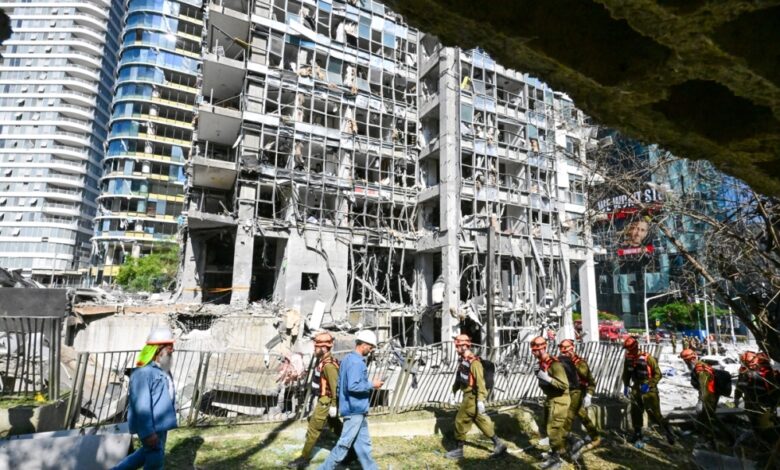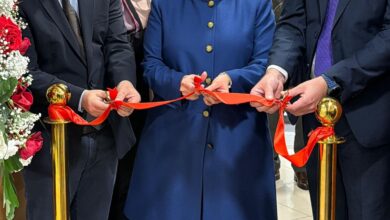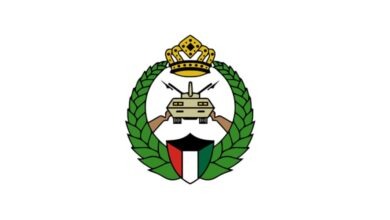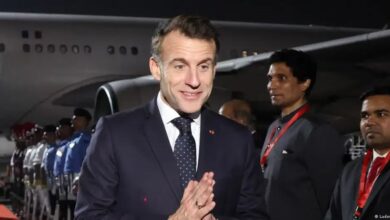Geneva talks could determine whether U.S. joins Iran–Israel conflict
US Press Secretary Caroline Leavitt says President Trump will decide within two weeks whether to pursue military action, but emphasizes diplomacy remains the primary goal. She adds that, should diplomacy fail, the U.S. is prepared to “defend American interests anywhere.”

As the Iran–Israel war enters its second week, the high-stakes negotiations in Geneva between Iran’s FM Abbas Araghchi and his French, British, and German counterparts may determine whether U.S. President Donald Trump intervenes militarily.
The conflict has already prompted U.S. forces to reposition in the region, including withdrawals from Iraq.
European officials, coordinating with the Trump administration, describe these discussions as “exploratory,” to gauge how far Iran might go toward meeting U.S. demands.
Yet Iran remains defiant: Araghchi insisted he won’t negotiate unless Israeli strikes cease. Among the stringent demands are “zero enrichment” of uranium and restrictions on heavy missile systems, reports Al-Jarida daily.
On the battlefield, Iran launched a surprise pre-dawn missile assault at seven Israeli locations — including Ramat Gan’s financial district and an intelligence building near Beersheba’s Soroka Hospital — using Khorramshahr-4 missiles allegedly fitted with fission warheads.
Israel responded by striking Iran’s Arak (Khandab) reactor, the Isfahan nuclear site, and missile launch facilities, also reporting ongoing destruction of missile depots.
The situation is spiraling. Israel’s Defense Minister Yisrael Katz threatened to assassinate Iran’s Supreme Leader Ali Khamenei, while PM Netanyahu vowed that “Israel’s actions will reshape not just the Middle East, but the world.”
Israeli officials briefly — and mistakenly — reported a strike on the Bushehr nuclear power plant, prompting warnings from Russia’s Rosatom agency about catastrophic fallout akin to Chernobyl.
Washington is under increasing pressure. U.S. action plans now reportedly include deployment of carriers and B 52 bombers, possibly followed by a strike within ten days. President Trump has received fresh intelligence and is debating whether to launch a “bunker busting” attack — while his military planners consider empowering CENTCOM’s Michael Kurilla with expanded authority.
Meanwhile, Iran has threatened to retaliate against U.S. bases in the Gulf and may attempt to close or mine the Strait of Hormuz.
China’s President Xi Jinping and Russia’s Vladimir Putin have called for a ceasefire, with Putin offering to mediate and warning explicitly against U.S. involvement.
Adding to the diplomatic shuffle, U.S. envoy Steve Witkoff reportedly phoned Araghchi several times after the initial Israeli strikes to explore a diplomatic resolution. Tehran said it could show nuclear concessions if Israel halts its attacks and the U.S. applies pressure.
On the ground, the latest missile barrage — dubbed “Operation True Promise 3” — involved over 30 rockets and drones targeting Beersheba’s Military Intelligence building, Soroka Hospital, and Tel Aviv’s Stock Exchange.
Soroka sustained heavy damage, igniting Israeli accusations of war crimes. Israeli hospitals report 271 injuries, six in critical condition. The Khorramshahr-4 missiles and clusters hit Tel Aviv suburbs, and Iran temporarily disrupted its domestic internet to thwart Israeli drone operations.
In Israel, leaders vow escalating retaliation. Defense Minister Katz again threatened Khamenei, while National Security Minister Ben-Gvir cited a “great miracle” that prevented worse damage at Soroka Hospital.
Military censorship makes verification difficult, but officials report destroying two-thirds of Iran’s missile launchers, with Israel preparing for further strikes — possibly even involving a commando raid on the Fordow enrichment site or knocking out its ventilation and electrical systems.
US Press Secretary Caroline Leavitt says President Trump will decide within two weeks whether to pursue military action, but emphasizes diplomacy remains the primary goal. She adds that, should diplomacy fail, the U.S. is prepared to “defend American interests anywhere.”












